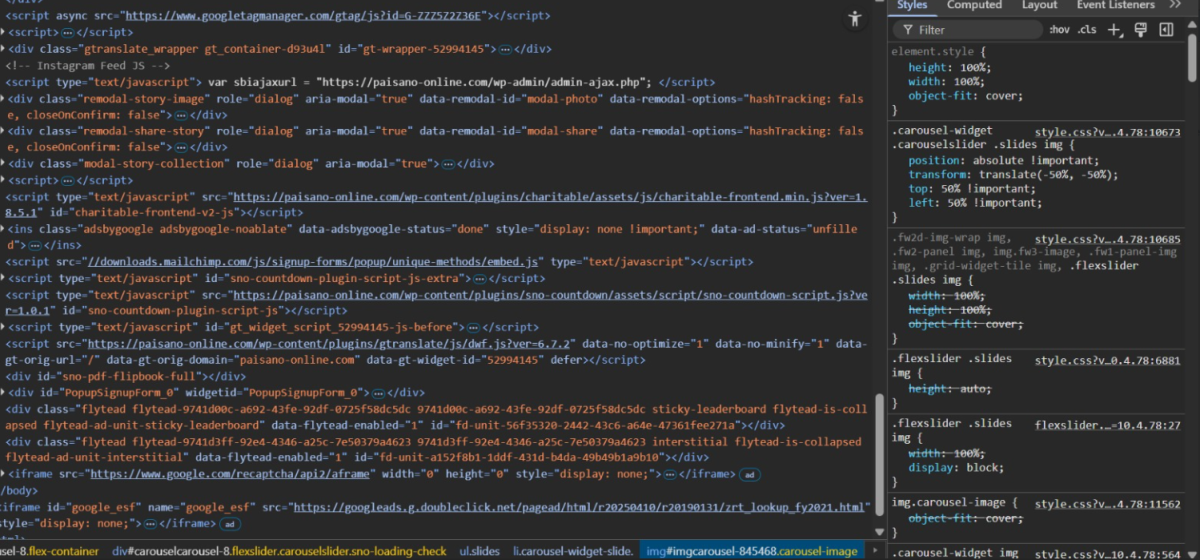President Donald Trump recently signed an executive order that imposed tariffs on imports of aluminum, steel and other important brewery items from Mexico, Canada and China. The tariffs will lead to an increase in the price of imports; however, local breweries and businesses in San Antonio are uncertain on the extent the tariffs will affect them. One of which is Longtab Brewing Company, the eighth most awarded brewery in Texas.
“What nobody knows right now is how these are really going to impact us because we haven’t seen the effects yet,” said Mike Brown, Head brewer at Longtab Brewing Company. “They haven’t been in place long enough. For example, we just got a pallet of cans in last week. It doesn’t look like those cans are subject to the tariffs whenever the company bought the aluminum.”
Aluminum and steel kegs are both imports that are vital to the operations of breweries. The aluminum cans used for canning the beer are imported from China and are subject to a 25% tariff, along with the steel kegs, which mainly come from Germany and China.
“The tariffs aren’t going to just affect that, for example, European malts and hops,” Brown said, highlighting other aspects of the brewing process that would also be disrupted due to the tariffs.
“We’ve been told by the Brewers Association — keeping us up to date — that it can increase the price of malts as well. For example, United States Malts relies on Canadian fertilizer. In some cases, the U.S. malting companies also will periodically use Canadian Barley.”
The other issue comes with storage space for the inventory of the brewery, such as the hops, barley and wheat, which could be trouble for smaller breweries who do not have the means to wait it out.
“I could buy vaults and sit on it till the end of the year. The problem is I have to have storage space for that. It’s definitely going to be easier for larger breweries to ride it out if this goes for an extended period of time.”
According to Brown, Longtab Brewing Company has the home-court advantage when it comes to waiting it out.
“We’re not as vulnerable if aluminum ends up being a big issue because we don’t do that,” Brown said. “Most of [the] beer that we make is sold in the brewpub. If you’re a larger brewery, maybe 95-99% of the beer you make goes into cans. That actually has a bigger effect on them if you’re talking about can prices.”
Brown was optimistic when asked about the local popularity of Longtab Brewing Company and their relevance to the San Antonio area, “Certainly isn’t going to hurt,” Brown said. “I can see the confidence that everybody in the industry is hopeful—this doesn’t last very long.”











